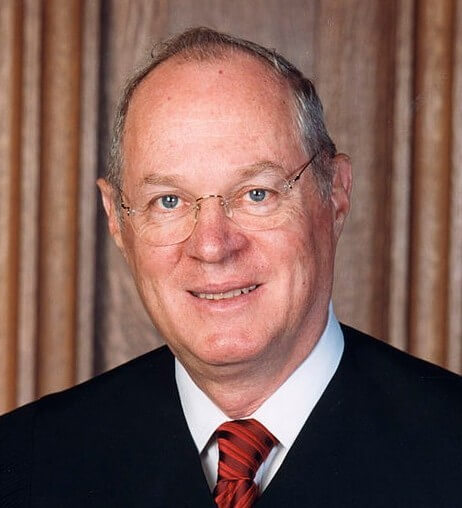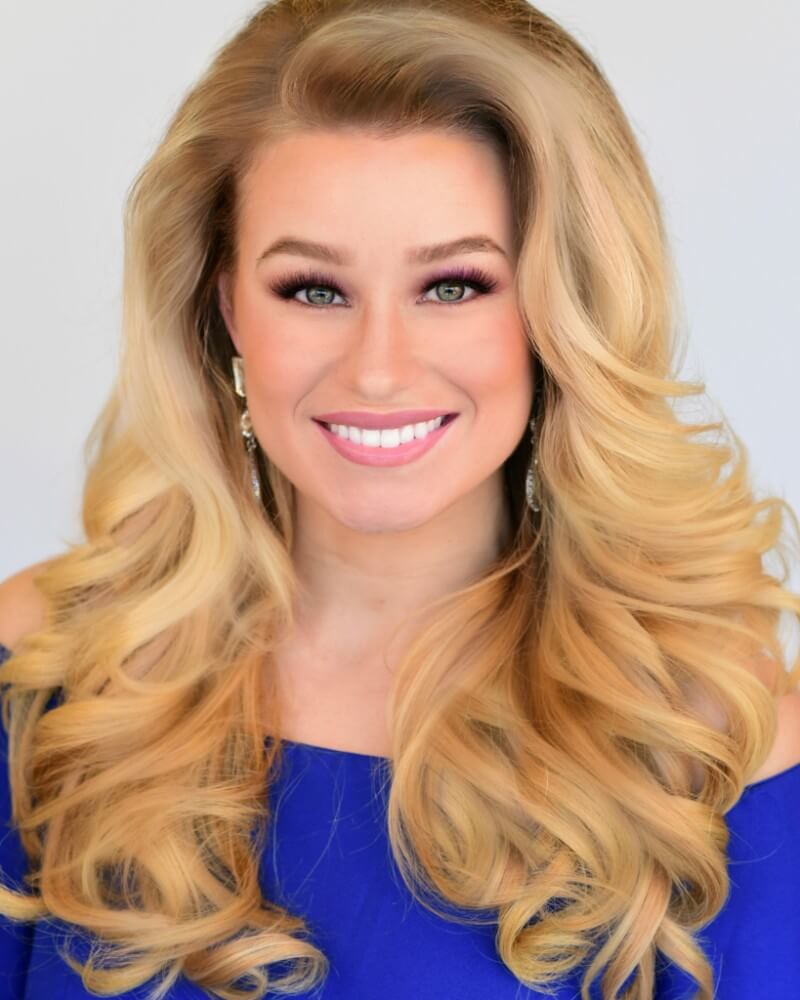10,000,000th United States Patent has Issued
Takeaway: Innovation in the United States is moving at a faster pace than ever before. The USPTO has issued 1,000,000 Patents within the last three years and two months, reaching a landmark number of 10,000,000 Patents issued as of earlier this month.
Earlier this month the United States Patent and Trademark Office (USPTO) issued its 10,000,000th patent. The rate at which people are applying for and receiving patent grants in the United States is increasing every year. This increased rate of patent issuances likely shows that innovation in our country is stronger than ever.
In the USPTO’s public release of the news about the 10,000,000th patent they quoted Secretary of Commerce Wilbur Ross, who stated, “our patent system’s importance to the daily lives of every American has never been greater. Given the rapid pace of change, we know that it will not take another 228 years to achieve the next 10-million-patent milestone.”
United States Patent No. 10,000,000 was granted to inventor Joseph Marron and assigned to Raytheon Company for a coherent “LADAR” (laser detection and ranging) using intra-pixel quadrature detection.
Justice Kennedy Steps Down From Supreme Court
 Takeaway: Justice Kennedy, who often served as the swing vote on major issues in our country, is retiring. This opens up an opportunity for President Trump to shift the majority view of the Supreme Court to the right.
Takeaway: Justice Kennedy, who often served as the swing vote on major issues in our country, is retiring. This opens up an opportunity for President Trump to shift the majority view of the Supreme Court to the right.
After serving as a Supreme Court Justice for over 30 years Justice Anthony Kennedy is stepping down from his position on the United States Supreme Court. Justice Kennedy is now 81 years old and has decided to retire. His retirement is effective on July 31, 2018.
This event is significant for multiple reasons. Justice Kennedy was one of the Supreme Court’s most senior justices. He often served as the swing vote to determine major issues that were divided between the conservative and liberal justices of the court. Even though he was considered to be a conservative justice, he often sided with the liberal justices, making the court more balanced on some major issues.
Now that Justice Kennedy is retiring it is up to President Trump to select a second nomination of his term. President Trump’s decision may shape the future of the court for many years to come. If President Trump nominates a staunch conservative, the conservative justices will outnumber the liberals on the Supreme Court. Having a strong majority may swing the way decisions are made further to the right in the coming years.
Supreme Court Awards International Lost Profits for Patent Infringement
Takeaway: If you infringe someone’s patent, you will not be shielded from liability just because you are shipping the product to be sold in a different country. The act of shipping “from” the United States constitutes an infringement of the patent “in” the United States. Not only is shipping component parts, to infringe outside the U.S., infringement, but lost profits are now a damages remedy for those sales lost overseas.
The Federal Circuit recently held that lost profits could not be awarded based on conduct outside of the United States. On June 22, 2018 the United States Supreme Court overruled that decision stating that a patentee can recover lost profits internationally.
In this case Ion Geophysical Corp. infringed WesternGeco LLC’s patents when they exported components of its infringing product. The Supreme Court determined that WesternGeco was eligible for any lost profits they would have made outside the United States because Ion Geophysical shipped their infringing products to foreign countries from the United States. In other words, the act of shipping “from” the United States related to an act of infringement “in” the United States.
The Supreme Court relied on §271(f)(2), which was the basis of WesternGeco’s infringement claim and the lost profits that it received. Section 271 relates to the act of supplying infringing products “in or from” the United States. The Supreme Court found that the damages were actually the means by which the statute achieves its end of remedying infringements and the overseas lost profits are simply incidental to the infringement that occurred in the United States.
Amendments to Mexico’s Intellectual Property Laws Now Require “Declaration of Use”
Takeaway: If you are applying for or have applied for a trademark in Mexico make sure you comply with the new “Declaration of Use” requirements, calling for a showing of real and effective use in association with a product in Mexico.
Mexico has recently enacted a series of new amendments to their intellectual property laws. One of those laws is a requirement for trademark owners to file a “Declaration of Use” along with their trademark applications. This declaration of use will have to be filed within the first three months of the third year after a trademark has registered with the Mexican Patent and Trademark Office.
There will be no extensions of time if you fail to file the Declaration of Use as required by the update. If no Declaration of Use is filed with your trademark in Mexico, the registration will be canceled. The Declaration of Use will need to show “real and effective use” of the mark in Mexico and must be associated with a product that was initially associated with the original trademark registration. Additionally, the Declaration of Use must include when the mark was first used in Mexico in association with the product.
9th Circuit Affirms Summary Judgment Based on DMCA 1202(b)
 Takeaway: To establish a cause of action under the DMCA’s 1202(b) for copyright infringement, a plaintiff must show specific allegations as to intent of the infringer and how identifiable future infringements “will” occur due to the prior infringing conduct.
Takeaway: To establish a cause of action under the DMCA’s 1202(b) for copyright infringement, a plaintiff must show specific allegations as to intent of the infringer and how identifiable future infringements “will” occur due to the prior infringing conduct.
In Stevens v. CoreLogic, Inc., the 9th Circuit affirmed summary judgement in favor of CoreLogic. The case was brought by a professional real estate photographer alleging that CoreLogic stripped metadata from their photos. They also alleged that the act of using software to strip the metadata that identified the copyright holder’s information, and later distributing those photos, was a violation of the Digital Millennium Copyright Act’s (DMCA) 17 U.S.C. § 1202(b)(1)-(3).
The 9th Circuit, like the district court in this case, did not agree. The Court found that their allegations did not provide a showing that the defendant knew the prohibited act would “induce, enable, facilitate, or conceal” infringement of the photographs as required by 1202(b).
The Court found that to avoid the mental state requirement in Section 1202(b) the Plaintiff must show that there is a more specific application than the universal possibility of encouraging infringement. The court stated that “specific allegations as to how identifiable infringements ‘will’ be affected are necessary.”
The court found that this requirement can be established by an affirmative showing that demonstrates a past “pattern of conduct” or “modus operandi” of the defendant amounting to an awareness of the probable future impact of their actions.
Registration Standard for Filing Suit in Copyright Infringement Action to be Decided by Supreme Court
Takeaway: The Supreme Court will soon clarify a split in circuit court decisions based on whether a copyright must be first registered before filing a lawsuit for copyright infringement.
On June 28, 2018 the Supreme Court granted a petition for writ of certiorari to determine what constitutes registration in copyright cases. The standard under the Copyright Act indicates that a copyright must be registered with the United States Copyright Office before someone can bring suit to enforce their copyrights.
The Circuit Courts are split regarding what this standard means. The question that needs to be clarified is whether this means that a copyright owner must file a copyright before they may sue to enforce their copyrights or whether they must receive an official registration of their copyrights before they may sue to enforce their copyrights.
The current case was appealed up through the Eleventh Circuit. The Eleventh Circuit takes the stance that copyright owners must receive an official registration before they may file suit based on their copyrights.
Partner Jeffrey Sheldon on Board of Directors for Entrepreneurs Assembly
 Cislo & Thomas is proud to announce that partner Jeffrey Sheldon has been elected to the Board of Directors for Entrepreneurs Assembly (“EA”). EA is a nonprofit organization dedicated to educating and facilitating entrepreneurs in creating and growing their businesses.
Cislo & Thomas is proud to announce that partner Jeffrey Sheldon has been elected to the Board of Directors for Entrepreneurs Assembly (“EA”). EA is a nonprofit organization dedicated to educating and facilitating entrepreneurs in creating and growing their businesses.
Over the last 6 years, EA has educated, mentored and coached over 1000 up-and-coming entrepreneurs – some of whom have continued on to create successful small businesses – with the belief that entrepreneurial small businesses are the future of the global economy. Jeff has been a mentor for EA for many start-ups for over two years. More information about EA can be found at https://ea-global.org/.
Our Own MacKenzie Freed of Cislo & Thomas LLP Wins Miss California Pageant
 Takeaway: You can be sweet, smart, beautiful, and work for Cislo & Thomas!
Takeaway: You can be sweet, smart, beautiful, and work for Cislo & Thomas!
Cislo & Thomas’s own MacKenzie Freed wins the crown of Miss California in the 2018 Miss California Organization Pageant and will continue on to compete for the title of Miss America 2019 in September. Congratulations MacKenzie! We are proud to support you!



